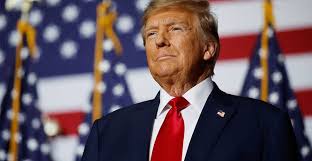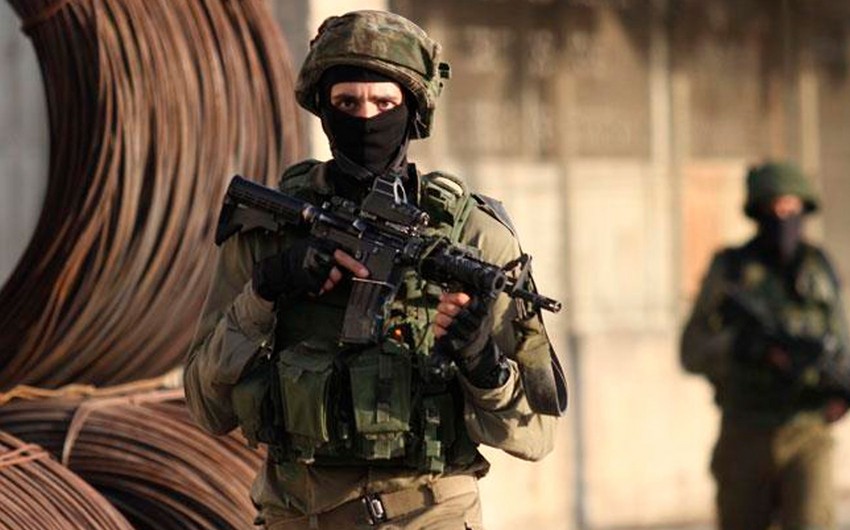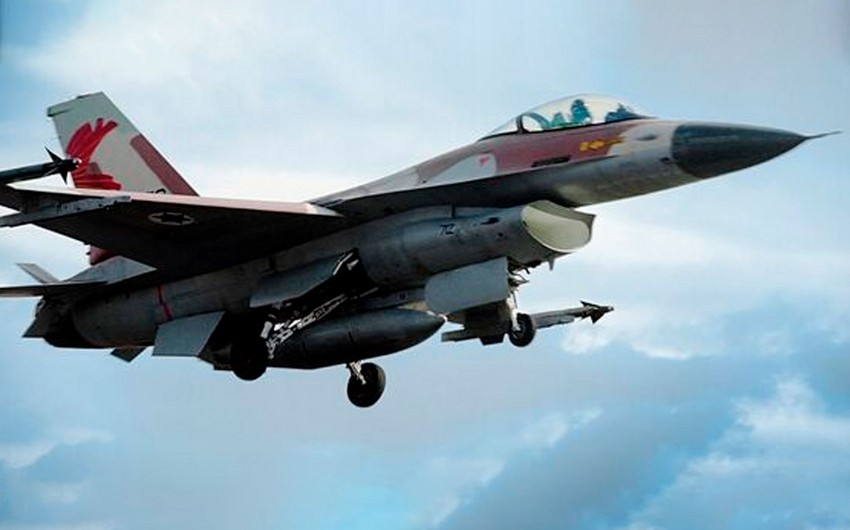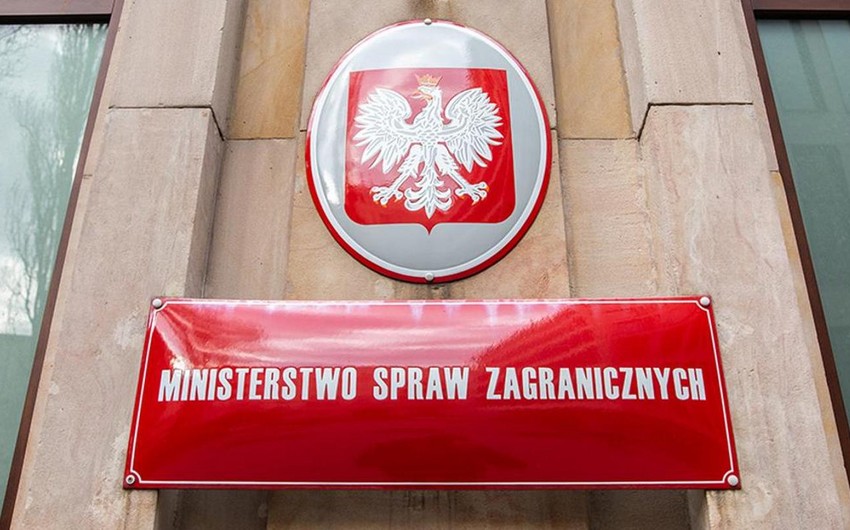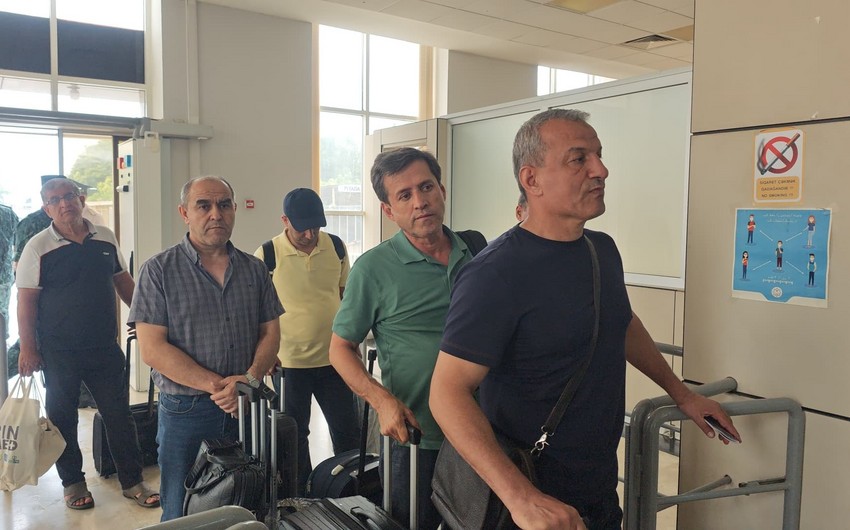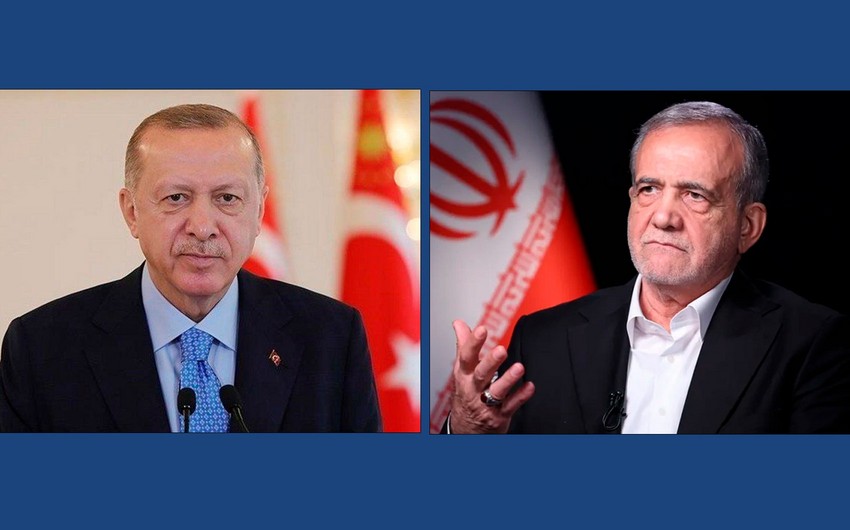Donald Trump’s return to the White House is set to reshape US foreign policy, promising potentially radical shifts on multiple fronts as war and uncertainty grip parts of the world.
During his campaign, Trump made broad policy pledges, often lacking specific details, based on principles of non-interventionism and trade protectionism - or as he puts it “America First”.
His victory signals one of the most significant potential disruptions in many years in Washington’s approach to foreign affairs in the midst of parallel crises.
We can piece together some of his likely approach to different areas from both his comments on the campaign trail and his track record in office from 2017 to 2021.
Russia, Ukraine and Nato
During the campaign, Trump repeatedly said he could end the war between Russia and Ukraine “in a day”. When asked how, he suggested overseeing a deal, but has declined to give specifics.
A research paper written by two of Trump’s former national security chiefs in May said the US should continue its weapons supply to Ukraine, but make the support conditional on Kyiv entering peace talks with Russia.
To entice Russia, the West would promise to delay Ukraine’s much-wanted entry into Nato. The former advisers said Ukraine should not give up its hopes of getting all of its territory back from Russian occupation, but that it should negotiate based on current front lines.
Trump’s Democratic opponents, who accuse him of cosying up to Russian President Vladimir Putin, say his approach amounts to surrender for Ukraine and will endanger all of Europe.
He has consistently said his priority is to end the war and stem the drain on US resources.
It’s not clear how far the former advisers’ paper represents Trump’s own thinking, but it’s likely to give us a guide to the kind of advice he’ll get.
His “America First” approach to ending the war also extends to the strategic issue of the future of Nato, the transatlantic all-for-one and one-for-all military alliance set up after the World War Two, originally as a bulwark against the Soviet Union.
Nato now counts 32 countries and Trump has long been a sceptic of the alliance, accusing Europe of free-riding on America’s promise of protection.
Whether he would actually withdraw the US from Nato, which would signal the most significant shift in transatlantic defence relations in nearly a century, remains a matter of debate.
Some of his allies suggest his hard line is just a negotiating tactic to get members to meet the alliance’s defence spending guidelines.
But the reality is Nato leaders will be seriously worried about what his victory means for the alliance’s future and how its deterrent effect is perceived by hostile leaders.
The Middle East
As with Ukraine, Trump has promised to bring “peace” to the Middle East - implying he would end the Israel-Hamas war in Gaza and the Israel-Hezbollah war in Lebanon - but has not said how.
He has repeatedly said that, if he had been in power rather than Joe Biden, Hamas would not have attacked Israel because of his “maximum pressure” policy on Iran, which funds the group.
Broadly, it’s likely Trump would attempt to return to the policy, which saw his administration pull the US out of the Iran nuclear deal, apply greater sanctions against Iran and kill Gen Qasem Soleimani - Iran’s most powerful military commander.
In the White House, Trump enacted strongly pro-Israel policies, naming Jerusalem as Israel’s capital and moving the US embassy there from Tel Aviv - a move which energised Trump’s Christian evangelical base, a core Republican voter group.
Israeli Prime Minister Benjamin Netanyahu called Trump the “best friend that Israel has ever had in the White House”.
But critics argue his policy had a destabilising effect on the region.
The Palestinians boycotted the Trump administration, because of Washington’s abandonment of their claim to Jerusalem - the city that forms the historical centre of national and religious life for Palestinians.
hey were further isolated when Trump brokered the so-called “Abraham Accords”, which saw a historic deal to normalise diplomatic ties between Israel and several Arab and Muslim countries. They did so without Israel having to accept a future independent Palestinian state alongside it - the so-called two-state solution - previously a condition of Arab countries for such a regional deal.
The countries involved were instead given access to advanced US weapons in return for recognising Israel.
The Palestinians were left at one of the most isolated points in their history by the only power that can really apply leverage to both sides in the conflict - further eroding their ability as they saw it to protect themselves on the ground.
Trump made several statements during the campaign saying he wants the Gaza war to end.
He has had a complex, at times dysfunctional relationship with Netanyahu, but certainly has the ability to apply pressure on him.
He also has a history of strong relations with leaders in the key Arab countries that have contacts with Hamas.
It’s unclear how he would navigate between his desire to show strong support for the Israeli leadership while also trying to bring the war to a close.
Trump’s allies have often portrayed his unpredictability as a diplomatic asset, but in the highly contested and volatile Middle East in the midst of a crisis already of historical proportions, it’s far from clear how this would play out.
Trump will have to decide how - or whether - to take forward the stalled diplomatic process launched by the Biden administration to get a Gaza ceasefire in return for the release of the hostages held by Hamas.
China and trade
America’s approach to China is its most strategically important area of foreign policy - and one which has the biggest implications for global security and trade.
When he was in office, Trump labelled China a “strategic competitor” and imposed tariffs on some Chinese imports to the US. This sparked tit-for-tat tariffs by Beijing on American imports.
There were efforts to de-escalate the trade dispute, but the Covid pandemic wiped out this possibility, and relations got worse as the former president labelled Covid a “Chinese virus”.
While the Biden administration claimed to take a more responsible approach to China policy, it did, in fact, keep in place many of the Trump-era tariffs on imports.
The trade policy has become closely linked to domestic voter perceptions in the US about protecting American manufacturing jobs - even though much of the long-term jobs decline in traditional US industries like steel has been as much about factory automation and production changes as global competition and offshoring.
Trump has praised Chinese President Xi Jinping as both “brilliant” and “dangerous” and a highly effective leader who controls 1.4 billion people with an “iron fist”- part of what opponents characterised as Trump’s admiration for “dictators”.
The former president seems likely to shift away from the Biden administration’s approach of building stronger US security partnerships with other regional countries in a bid to contain China.
The US has maintained military assistance for self-ruled Taiwan, which China sees as a breakaway province that will eventually be under Beijing’s control.
Trump said in October that if he returned to the White House, he would not have to use military force to prevent a Chinese blockade of Taiwan because President Xi knew he was “[expletive] crazy”, and he would impose paralysing tariffs on Chinese imports if that happened.
Author:Tom Bateman
Source: BBC




